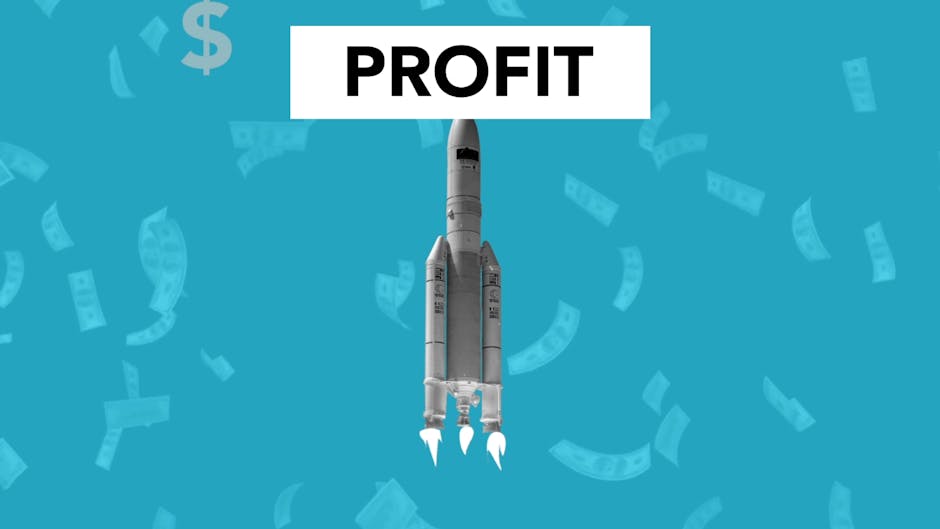
Circular Economy: A Sustainable Solution for a Better Future
Circular Economy: A Sustainable Solution for a Better Future
The circular economy is an innovative approach to sustainable development that aims to minimize waste and maximize the efficiency of resource use.
In a linear economy, products are made, used, and then discarded as waste. This leads to significant environmental degradation, resource depletion, and increasing costs of raw materials.
In contrast, a circular economy promotes the concept of 'reduce, reuse, and recycle.' It encourages the design of products that can be easily repaired, remanufactured, or recycled at the end of their life cycle.
By adopting circular economy principles, businesses can create a closed-loop system where products and materials are kept in use for as long as possible. This not only reduces waste generation but also fosters innovation, boosts economic growth, and creates new job opportunities.
One of the key elements of the circular economy is the shift from a linear supply chain to a more circular value chain. This involves collaboration between businesses, government, and consumers to ensure the efficient use of resources, elimination of waste, and the creation of sustainable products and services.
Some of the key strategies to promote circular economy include:
- Implementing product life extension through repair, refurbishment, and remanufacturing
- Encouraging recycling and reusing materials instead of disposing of them
- Designing products for durability and easy disassembly
- Promoting sharing and collaborative consumption models
- Adopting renewable energy sources and minimizing carbon emissions
The benefits of a circular economy are manifold. It reduces greenhouse gas emissions, conserves natural resources, reduces reliance on virgin materials, and stimulates eco-friendly innovation.
Transitioning to a circular economy is a complex process that requires a collaborative effort from various stakeholders. However, it offers a promising solution to the environmental and social challenges we face today.
